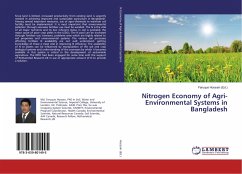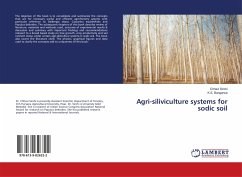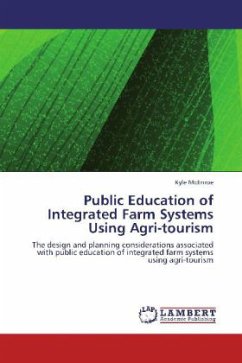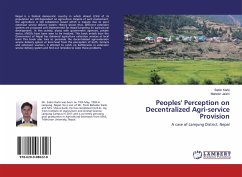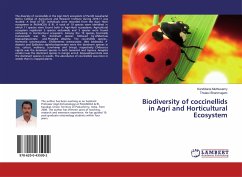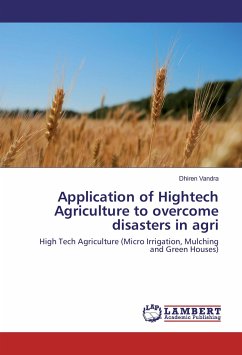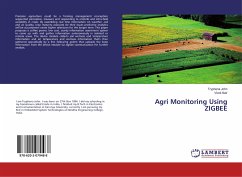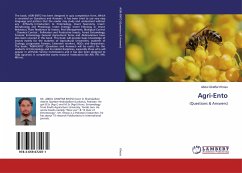Since land is limited, increased productivity from existing land is urgently needed in achieving improved and sustainable agriculture in Bangladesh. Among several important measures, use of agro-chemicals to maintain soil fertility must be implemented. It is most important that environmental pollution through excessive fertiliser use must be avoided. The N is the vital of all major nutrients and its low inherent status in soil is probably the major cause of poor crop yields in the LEDCs. The N pool can be increased through fertiliser use; however, problems arise which are highly related to soil properties and environmental systems. The various soil processes affecting fertiliser N availability are not well understood; getting knowledge of these is most vital in improving N efficiency. The availability of N to plants can be influenced by manipulation of the soil and crop biological systems and understanding of the processes by which it becomes available in this system is critical in the development of sustainable agriculture. The DFID had been engaged for some time with the support of Rothamsted Research-UK in use of appropriate amount of N to provide a solution.
Bitte wählen Sie Ihr Anliegen aus.
Rechnungen
Retourenschein anfordern
Bestellstatus
Storno

